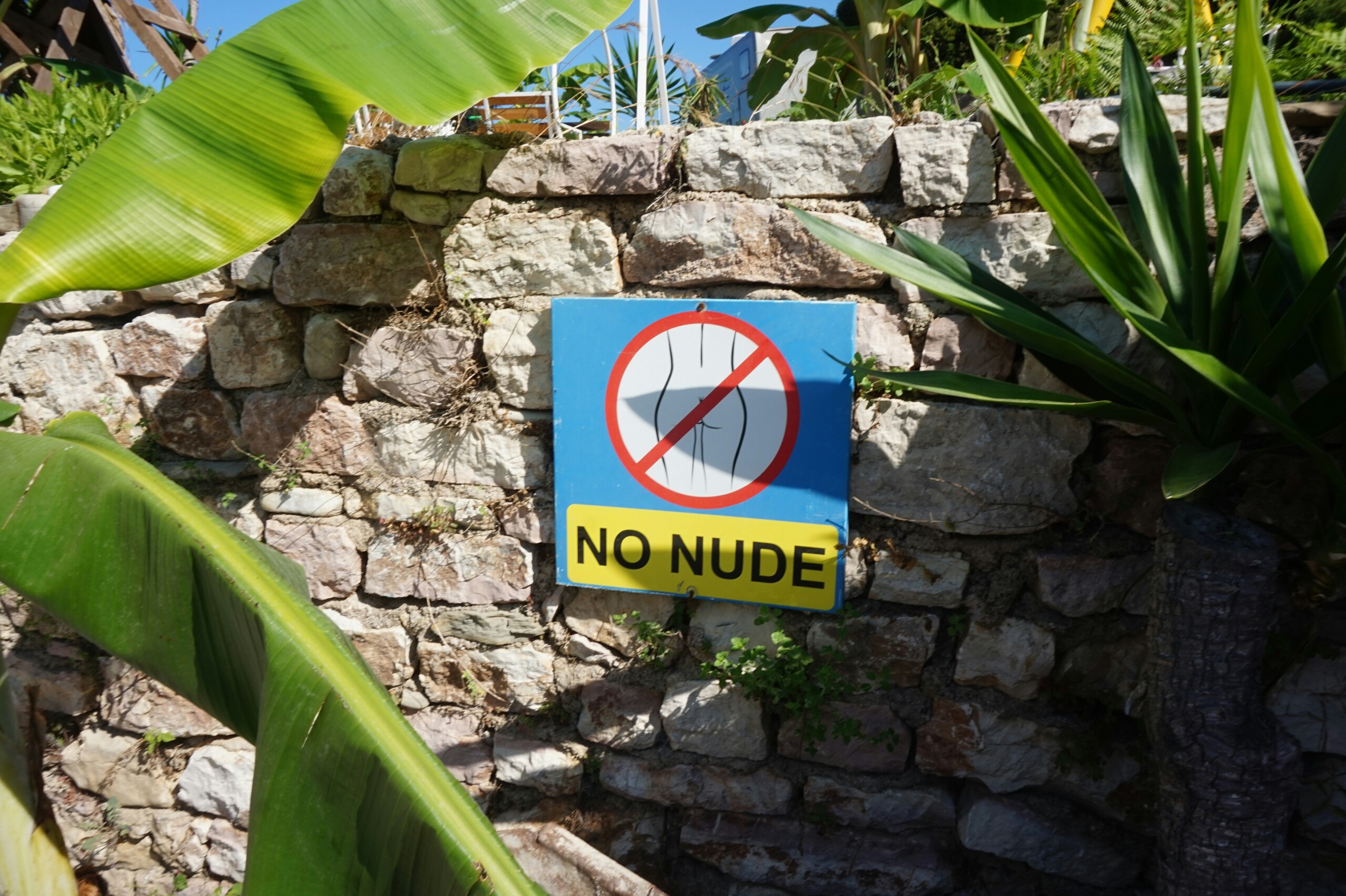
spectator.org
Meloni’s Italy: A Refreshing Crescendo to Brussels’ Dissonance
Success stories in the EU are easily told — mostly because there are none. This makes the path charted by Italian Prime Minister Giorgia Meloni all the more remarkable. In Brussels’ long shadow, she is drawing new ideological lines.
When Giorgia Meloni took office in October 2022, many expected her to join the long list of prematurely failed Italian prime ministers. Fragile political alliances, a country split between a wealthy north and an economically shattered south, systemic corruption, and a towering national deficit weighed on her from day one. And she faced close scrutiny from Brussels: Italy is the EU’s third-largest economy and a vital pillar of the eurozone. Its fate is tightly intertwined with that of the Union. If Meloni succeeds in reviving her nation, she also strengthens the EU’s foundations — ironically, perhaps against Brussels’s own preferences. (RELATED: Italy, Giorgia Meloni, and the Future of the West)
Two years later, her government — a coalition of Fratelli d’Italia, Lega, and Forza Italia — is delivering results. The Italian economy, despite global headwinds, showed unexpected resilience, growing 0.7 percent in both 2023 and 2024 while the eurozone as a whole stagnated. Employment reached 63 percent, and unemployment dropped to 6.2 percent.
An Energy Policy Reversal
The collapse of German industry seems to have served as a wake-up call in Rome. Italian leaders have recognized that energy policy determines a nation’s prosperity. They also understand that ideological infiltration, centralization, and nationalization of the energy sector amount to economic sabotage. Under Meloni’s leadership, Italy pivoted toward energy partnerships with African nations to reduce reliance on Russian gas.
While Germany moved from eliminating nuclear power to winding down fossil fuels, Italy struck gas deals with Algeria and Libya, expanded LNG infrastructure, and embraced diversification. Nuclear power is now back on the table as a long-term strategy for energy security. In short, Italy is working diligently to unshackle itself from the Green Deal, aiming for a resilient and pragmatic energy foundation. Where economically feasible, Italy is also embracing decentralized energy sources like solar, without abandoning realism.
Budget Policy — Italy’s Eternal Drama
Meloni’s reforms include labor market liberalization, incentives for innovation, and a reduction of red tape. Her economic philosophy is closer to Milei than Merz — favoring private initiative over government intervention. Her skepticism of the state is reflected in her fiscal policy. In 2024, ironically, debt-ridden Italy was the only G7 nation to post a primary budget surplus.
The deficit declined to 3.4 percent and is projected to fall below 3 percent in 2025, assuming no shocks. Debt has stabilized at 135.3 percent of GDP. Meloni’s diplomatic finesse, balancing different political camps, keeps Brussels’s funding channels open — yet she increasingly chooses a path of fiscal sovereignty, seeking to reduce EU dependency. Her approach seems opportunistic in the best sense: take what is available, and quietly test the limits of autonomy.
More Rome, Less Brussels
Meloni has ushered in a new political and economic era for Italy: fewer Brussels regulations, more national sovereignty, fiscal discipline, pragmatic migration policies, and a clear defense of private property as the bedrock of society. Her success poses a dilemma for Brussels. On one hand, Italy’s rebound could be spun as a European success story. On the other hand, it risks becoming a model for other nations seeking to escape EU centralism.
Meloni navigates the international stage with agility, maintaining cordial ties with Hungary’s Viktor Orbán, Austria’s FPÖ, and Slovakia’s prime minister Robert Fico — while avoiding scandal with Brussels. But behind the scenes, many of her policies quietly diverge from EU orthodoxy. Italy’s restrained support for Ukraine reflects this pragmatism. While fulfilling NATO obligations, Rome only provides what is strictly necessary. Unlike the maximalist rhetoric from London, Paris, or even Berlin under Chancellor Merz, Italy has drawn clear limits. An escalation with Russia is not on Rome’s agenda.
Crackdown on Squatters
At the heart of civil society lies respect for property rights and individual autonomy. Italy, like Spain, has suffered from a culture of tolerated, even covertly encouraged, squatting. Over 50,000 properties — 30,000 of them state-owned and slated for privatization — are currently held by illegal occupiers.
Unlike the Spanish government under Socialist Pedro Sánchez, which tolerates this attack on property rights, Meloni’s government has acted decisively. A new law mandates prison sentences of two to seven years for forceful occupation of property. The legislation streamlines evictions and criminalizes blockades once considered mere misdemeanors. The message is unambiguous: Property is non-negotiable. The state guarantees its protection. This is not merely an economic principle — it is a civilizational one.
Cultural Pushback
Meloni’s firm stance against squatting suggests a broader cultural resistance to Brussels. One telling moment was Italy’s loud rejection of EU-promoted insect meal as a substitute for meat. Southern Europe, proud of its culinary tradition, refused to participate in this public ritual of humiliation disguised as environmental policy.
Likewise, migration policy has returned to reason. After years of open-door chaos, illegal entries were cut by 58 percent last year. Deals with Tunisia and Albania now externalize asylum processing. At the same time, Italy legalized 450,000 existing migrants to address labor shortages. Today, 2.4 million foreign workers are legally employed in Italy.
Meloni has turned the right knobs. She has reinforced property rights, pushed back against climate globalism, and taken charge of the migration crisis — even as President Mattarella and segments of Italy’s deep state resist her. But her success is a double-edged sword for the EU. If she stabilizes Italy through fiscal discipline, Brussels may try to claim the credit. Yet the more visible this contrast between national success and EU centralism becomes, the more it will inspire imitators.
Italy’s comeback offers a potential roadmap: formal alliance loyalty, a dose of populism for national cohesion, a return to market principles, and a firm stance against bureaucratic overreach. This may well set the tone for the next generation of conservative governments in Europe.
READ MORE from Thomas Kolbe:
The ‘Merwede’ Climate Nightmare
The EU’s Imperial Overstretch: Bulgaria Joins the Euro Club
Hitchhiker’s Guide to the Tax Code: America on the Brink of a Paradigm Shift
The post Meloni’s Italy: A Refreshing Crescendo to Brussels’ Dissonance appeared first on The American Spectator | USA News and Politics.

















